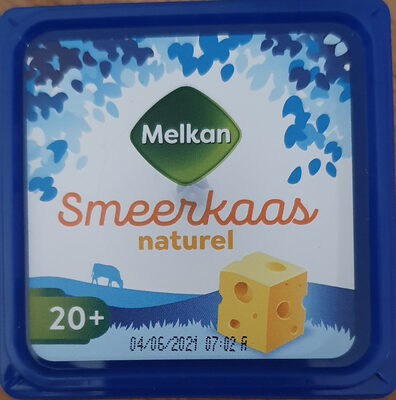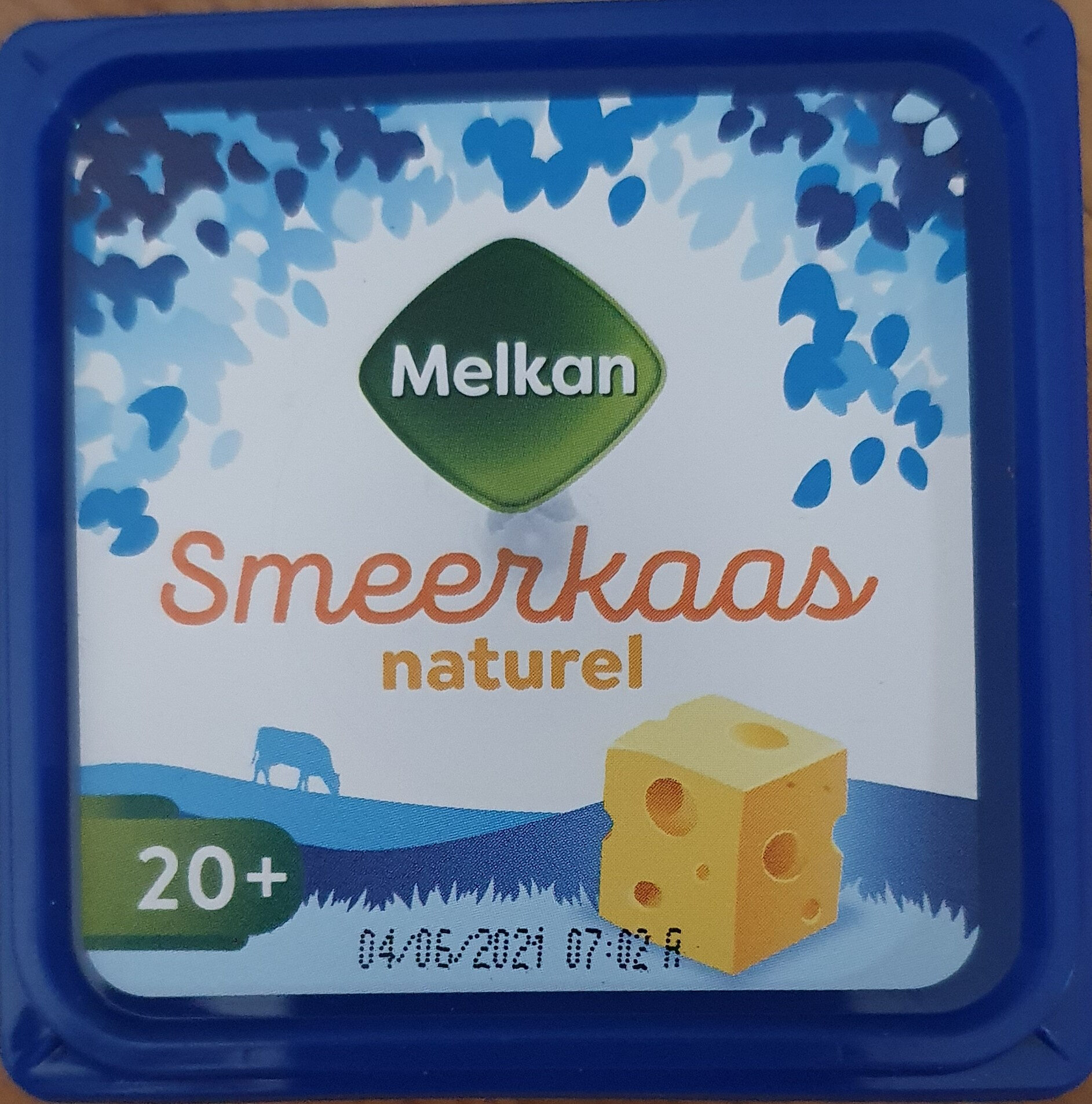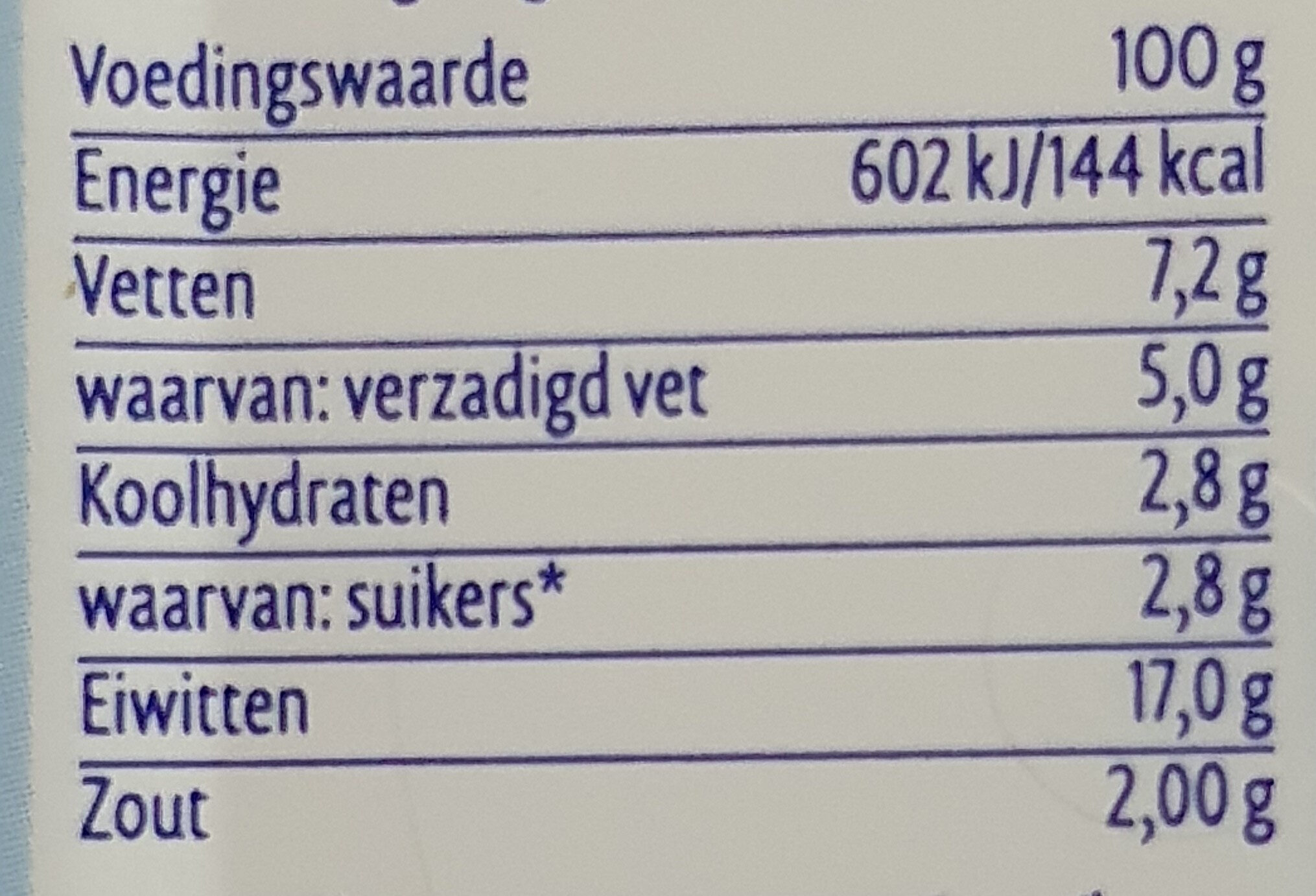Smeerkaas naturel 20+ - Melkan - 100 g
This product page is not complete. You can help to complete it by editing it and adding more data from the photos we have, or by taking more photos using the app for Android or iPhone/iPad. Thank you!
×
Barcode: 8710624311933 (EAN / EAN-13)
Quantity: 100 g
Packaging: Plastic
Brands: Melkan
Categories: Dairies, Fermented foods, Fermented milk products, Cheeses, Spreads, Salted spreads, Cheese spreads
Traceability code: NL Z0015 EG
Link to the product page on the official site of the producer: http://melkan.nl
Matching with your preferences
Environment
Carbon footprint
Packaging
Transportation
Report a problem
Data sources
Product added on by moniquemeijer62-gmail-com
Last edit of product page on by roboto-app.
Product page also edited by ecoscore-impact-estimator, openfoodfacts-contributors, packbot.
If the data is incomplete or incorrect, you can complete or correct it by editing this page.











